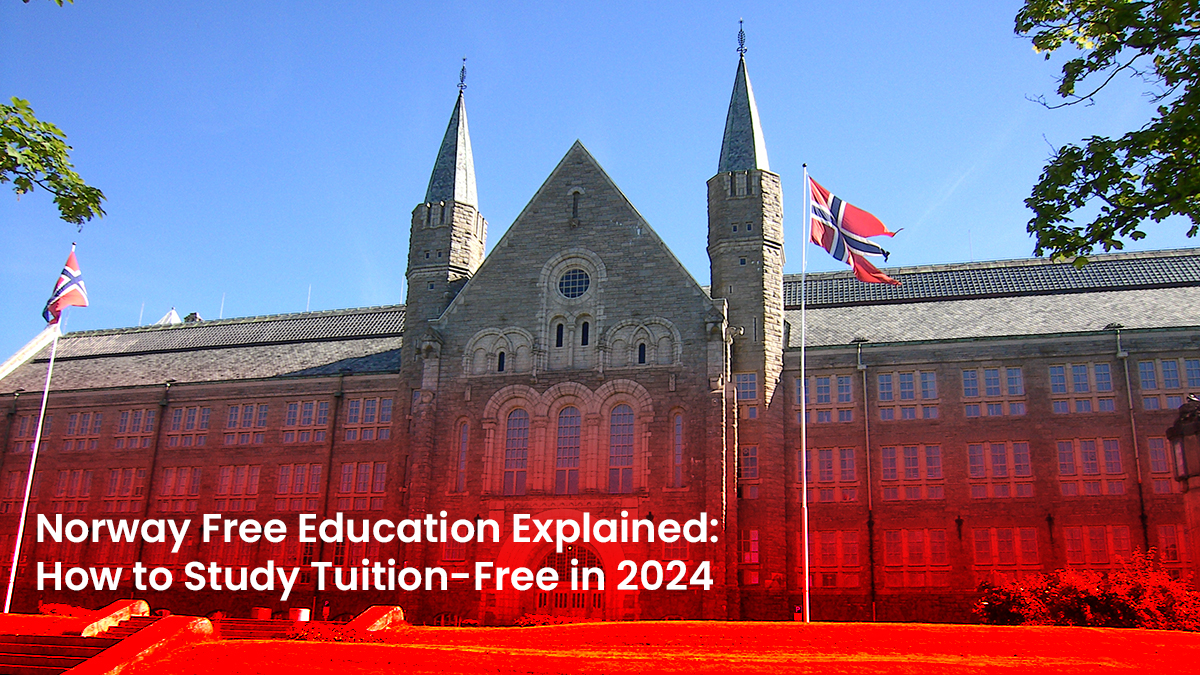The pandemic has sparked new trends among Indian students aspiring to study abroad. While Indian students have been conventionally choosing destinations such as the United States, the United Kingdom, Australia, and Canada, the young generation is also going for countries such as Russia, Ireland, Germany, Italy, Turkey, and China.
As per a report by NielsenIQ, a company that specializes in global measurement and data analytics, and financial services company Western Union, students planning to travel overseas for higher education are also preferring specialized programs and not giving too much weight to the reputation of an institution while choosing a course or college. Courses that are based on specializations and offered by institutions not among the top of the rankings are gaining popularity for more than half of the students surveyed.
Professional courses such as automation, artificial intelligence and machine learning, data science, and robotics are some examples. Students also take screening tests seriously and for nearly 64 percent of those surveyed, qualifying exams such as the SAT and GMAT are a tough nut to crack.
Many universities and countries do not have mandatory requirements for screening or entrance tests or English language proficiency tests, which makes them a preferred choice for Indian students.
Other challenges include financial planning and preparing the budget before going abroad. While most students rely on family savings, investments, and institutional support for funding their education, others tend to rely more on education loans.
The study also suggests that for nearly half of the student respondents, being independent, personal development and the possibility of staying as per their wishes and terms are the key factors that motivate them to look for international higher education opportunities.
COVID-19 has not deterred the spirit of Indian students planning to go abroad. Gaining the in-country experience in an overseas destination and exploring different cultures are other factors that draw Indian students abroad. Post-study work opportunities and better quality of life are other reasons.
Among 241 respondents, 62 percent give importance to quality of life and learning new skills instead of buying materialistic things like a car or a house. Better opportunities for finding employment, better lifestyle, and opportunities to benefit from robust infrastructures at various levels also matter a lot.
Gaining practical skills, knowledge, and chances to interact with global mentors and industry experts are also high on their agenda. They also go for universities and countries that offer them work visa opportunities, and help them get the right career focus and exposure.
Safety is another key factor that Indian students consider when choosing a country for higher education. Countries such as New Zealand and Canada have been ranked among some of the safest destinations for international students in market surveys.
Today, more Indians are indulging in outbound remittance across borders, as they go for services such as international education and travel, thus contributing to the global economy. The outbound remittance market is smaller, estimated at $12.7 billion for 2020-21, but this has increased 39 percent in July 2021 from October 2020, with more expenditure and outflows for education.
About 80 percent of students depend on online resources and social media when it comes to choosing a college, course, or country for higher education. The survey finds that in the last year, students are depending more on digital platforms and websites than going to overseas education experts, counselors and consultants, which impact the decision-making process for 46 percent of respondents.












